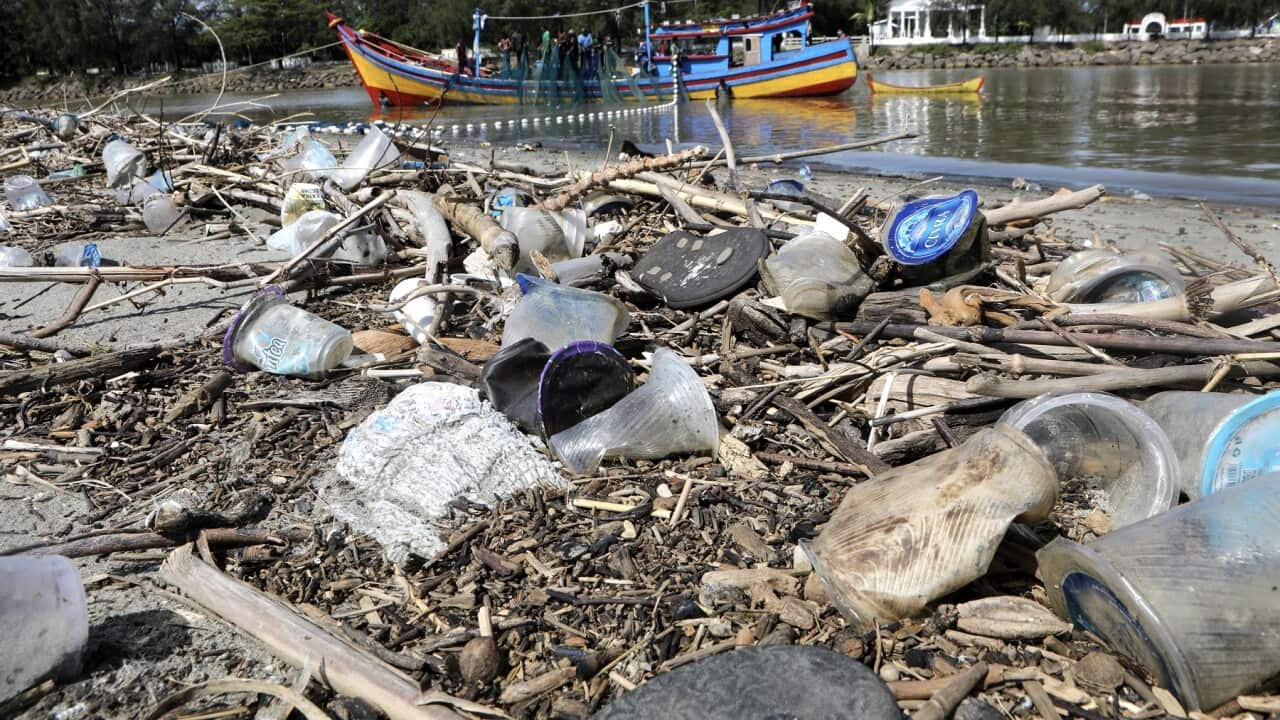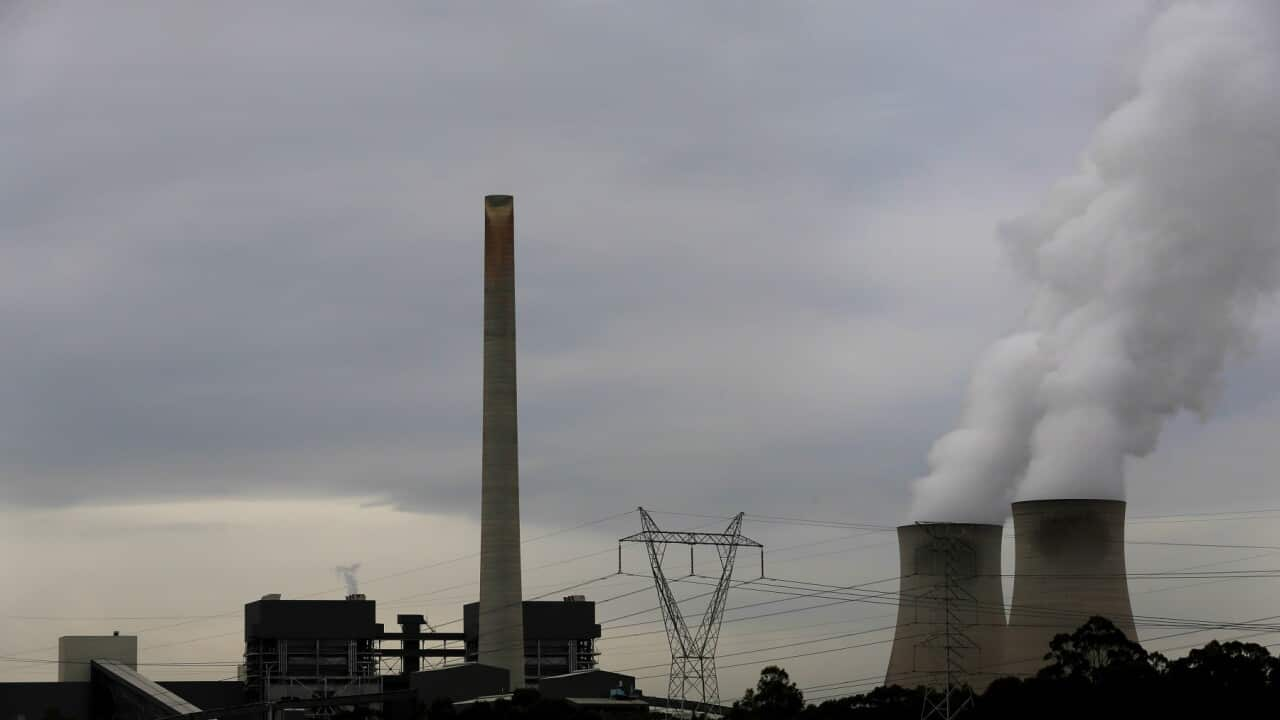TRANSCRIPT
Judith Enck says she steers clear of packaged carrots at the supermarket to avoid what she calls 'plastic coffins'.
“It's really convenient to have those little pre-cut carrots. But I like to buy carrots with no packaging and you just wash them and cut them up yourself. They actually taste much fresher and are cheaper than the plastic bags of carrots. Even small steps make a difference because big supermarkets notice when people ask for less packaged material. Also, our kids pay attention."
Avoiding plastic while doing your groceries may seem like a small step for the environment, but organisations like the United Nations say every minor decision, like avoiding packaged carrots, helps.
The UN's Environment Program has warned plastic is now part of the Earth's fossil record, and a marker of our current geological era.
Global campaigns are demanding the phase-out of single use plastics which pollute the seas and take up space in landfills for decades.
Those efforts are especially in focus as Earth Day 2024 is marked around the world - with project directors like Diego Trincado doing their part for the environment by giving new life to discarded clothing in Chile.
"It was shocking to be able to go through the clothes in situ and see the amount of clothes in that place, along with the volunteers who were there. We were unearthing clothes that came from other countries, some with labels and we saw that we had a job and something to do there.”
The world is currently producing around 400 million metric tons of plastic waste every year, with less than 10 per cent of it being recycled.
In Thailand, divers have been untangling fishing equipment which becomes caught on coral, trapping sea life.
“We constantly collect discarded fishing gear. We have a strong scuba diving community. We have many government sectors working on this cleanup dive. However, even though there is a collection of waste, there is no uniform data collection. Some people collect waste and take it to the landfill. Some people collect and weigh it, or count pieces, but there is still no standard for collecting data from this waste."
The theme, 'Planet vs Plastics' was selected with the historic United Nations plastics convention in mind, which is anticipated to be adopted by the end of 2024.
More than 50 nations, including Australia, have demanded plastic pollution be ended by 2040.
In Lima, Peru, around 150 volunteers have celebrated Earth Day by planting more than 500 trees.
Environmentalist Arturo Alfaro says they chose an arid area of the city on the banks of the Chillon River, which flows into the Pacific Ocean.
"A forested area improves the climate. Now we are here and we feel very hot. If the forest was already grown, the temperature would be lower. At night, the plants release the heat, and we could have a warmer night. And we all know about the oxygen that forests generate."
Negotiations are underway in Canada for what would become the first global treaty on soaring plastic pollution.
But it won't be easy, with the plastic industry and oil exporters like Saudi Arabia opposed to the phase-out of plastics and arguing the treaty should focus on recycling and reusing instead.













